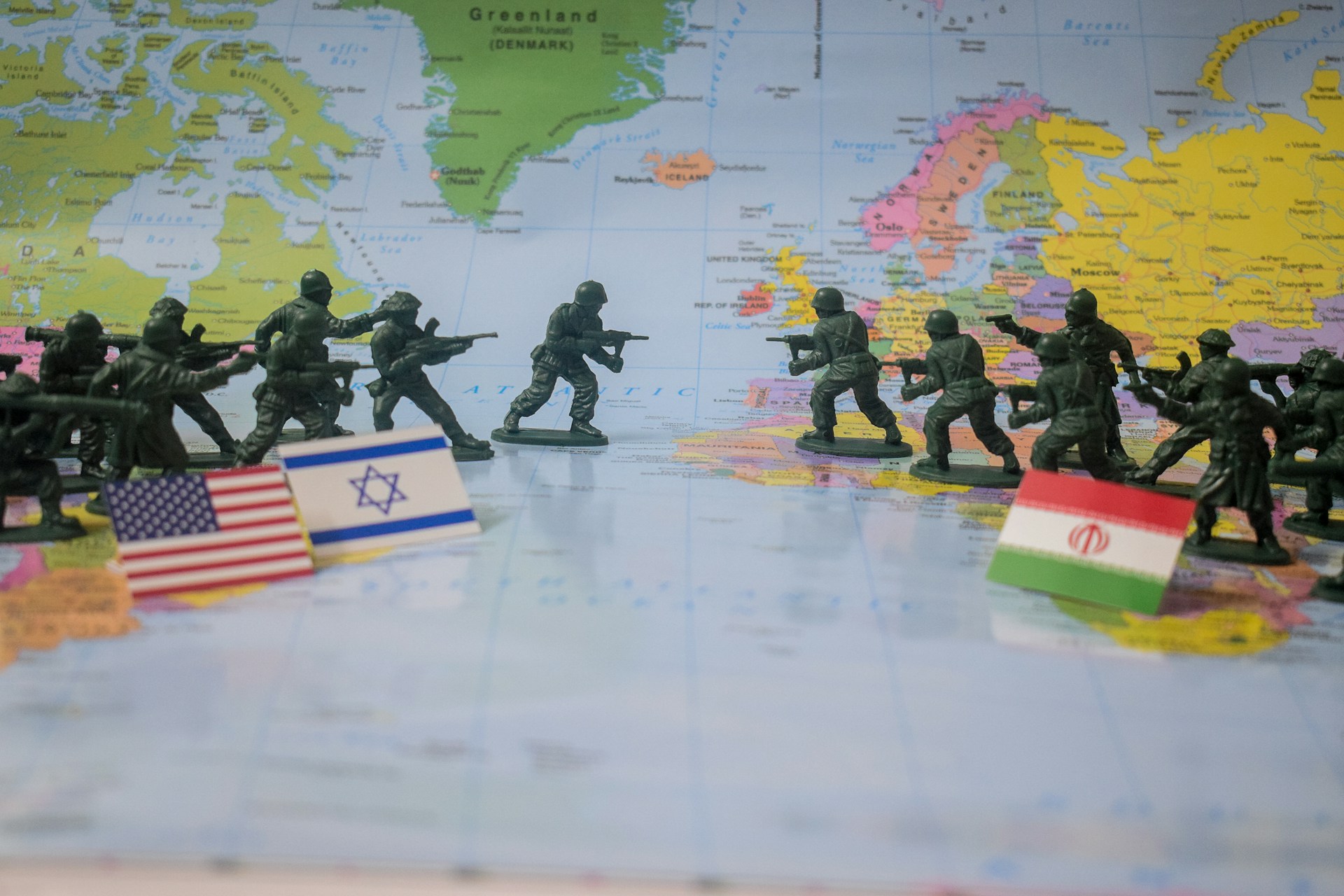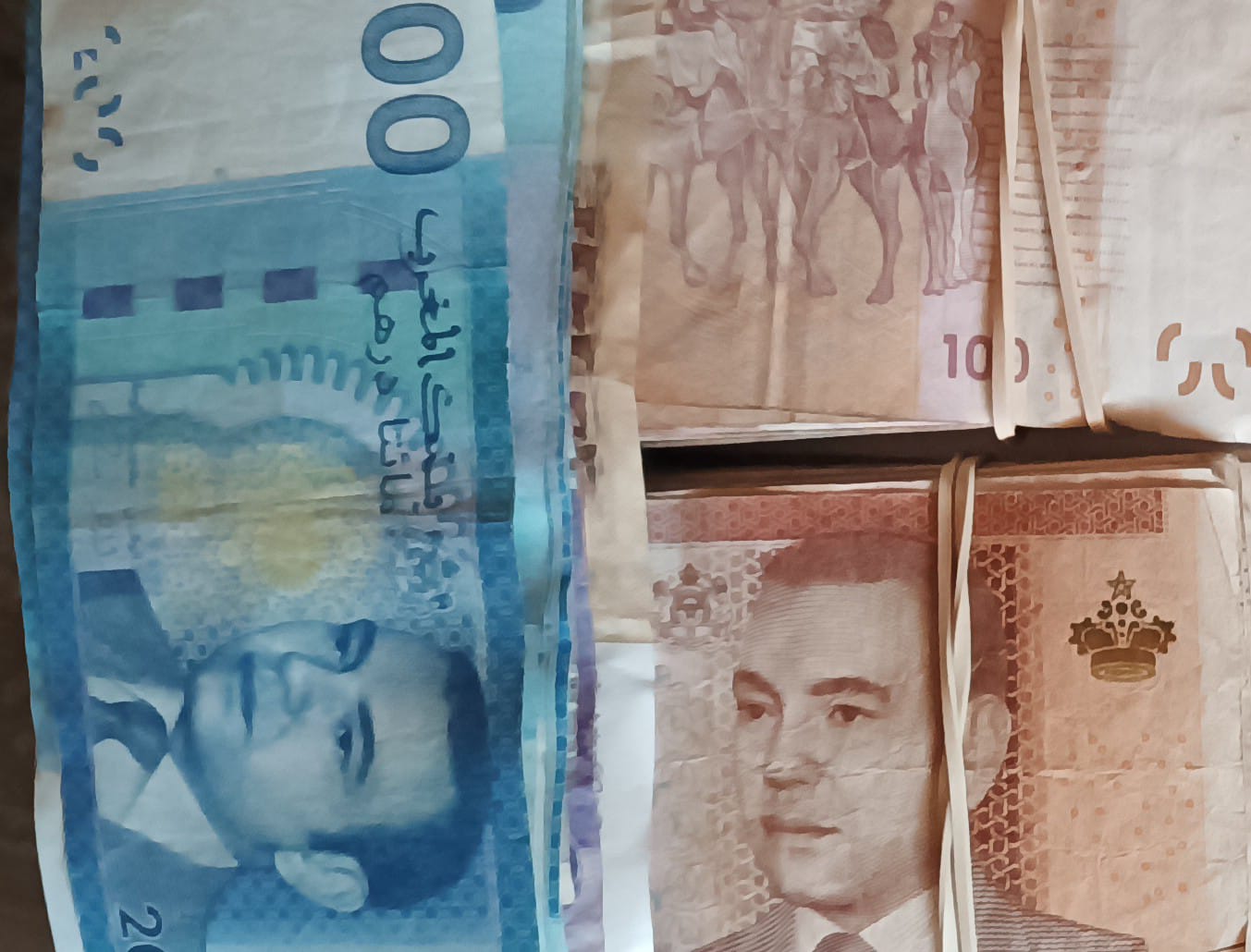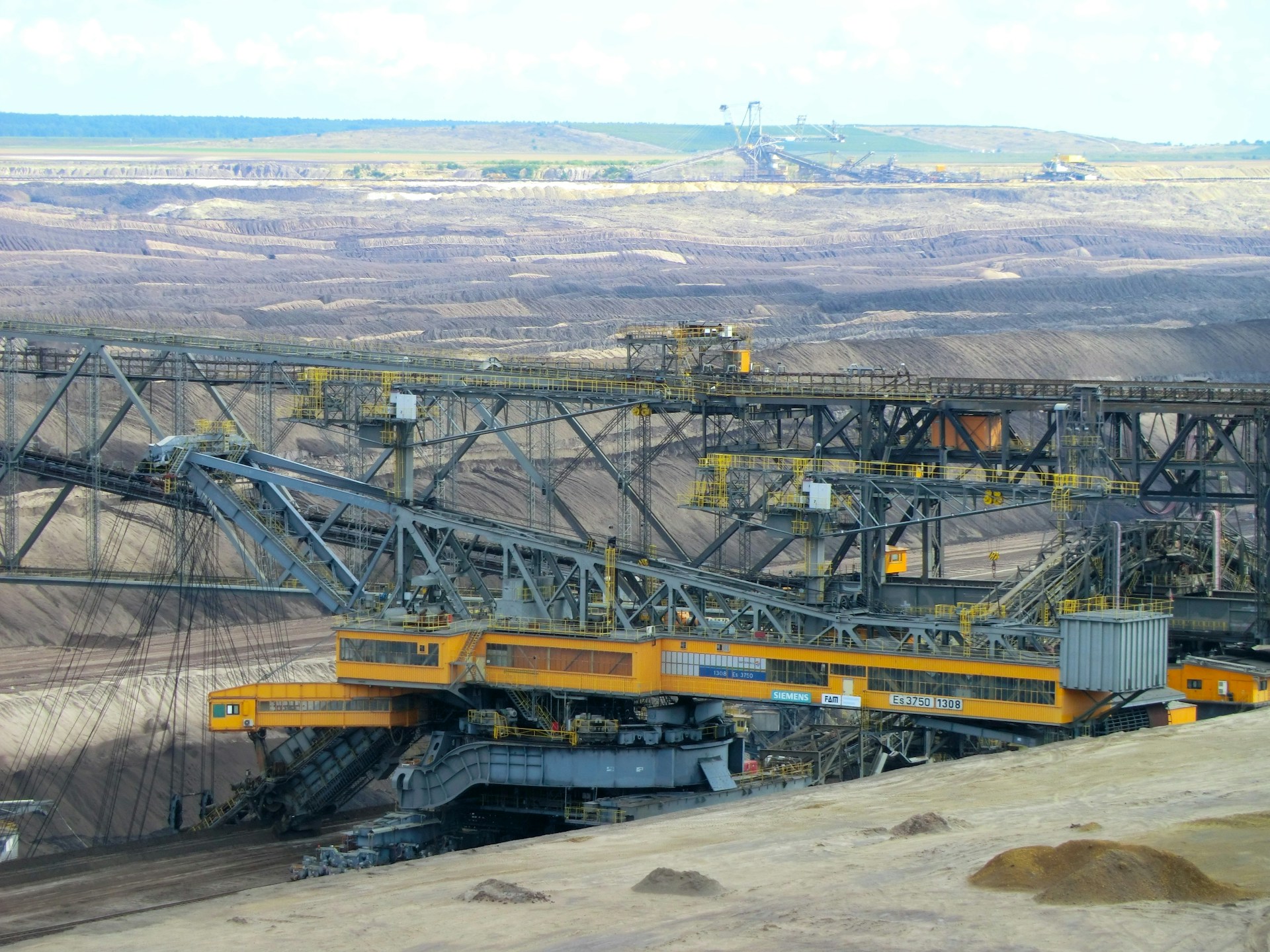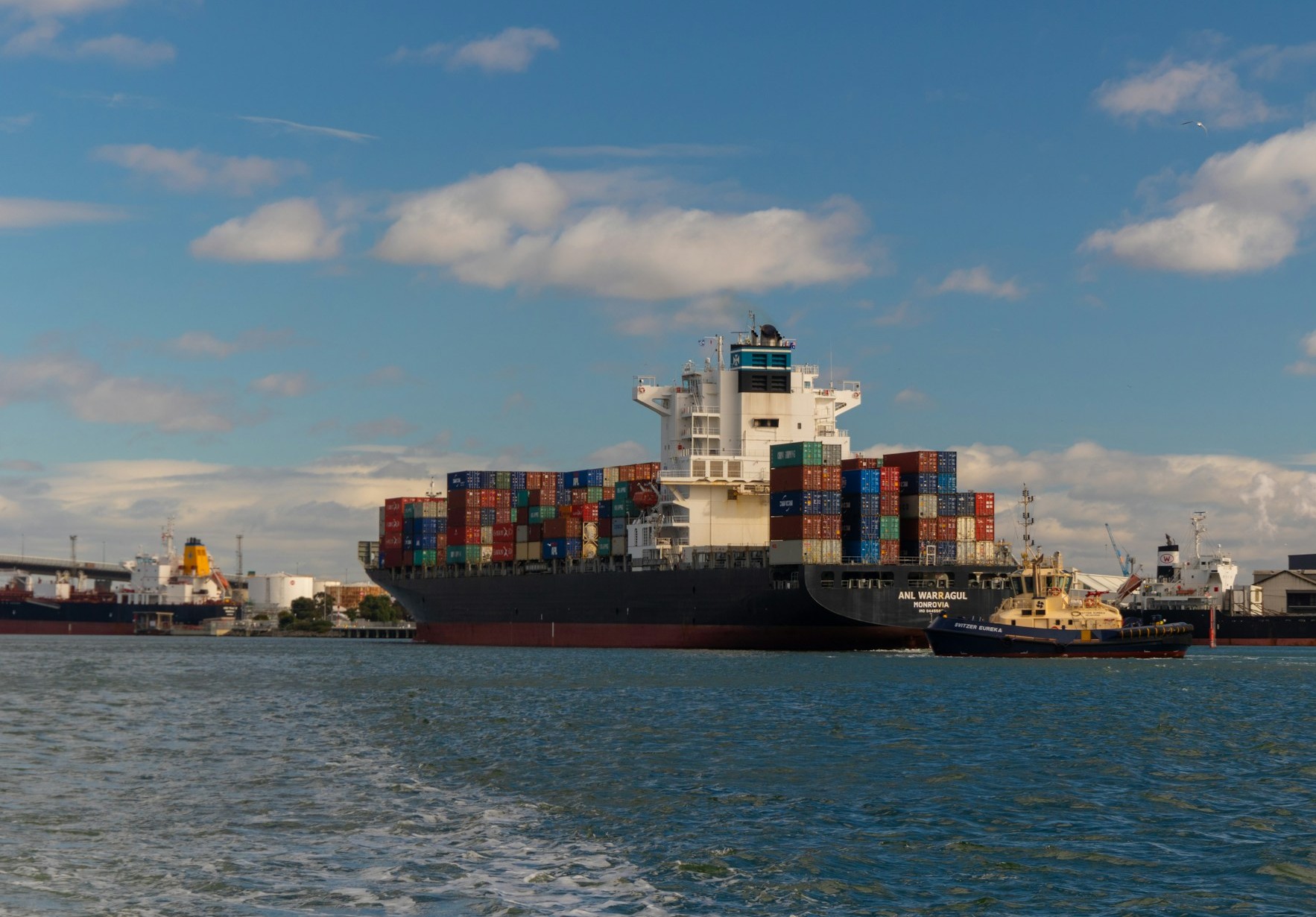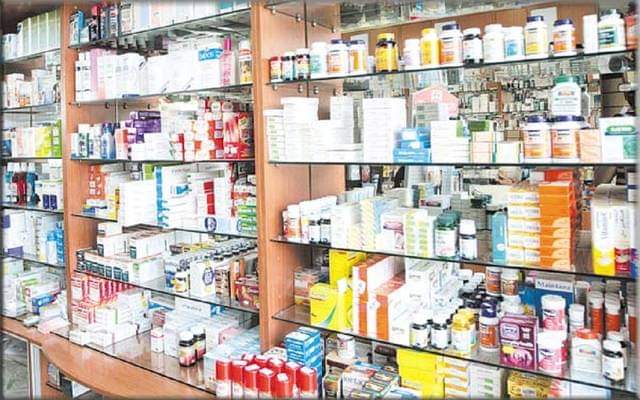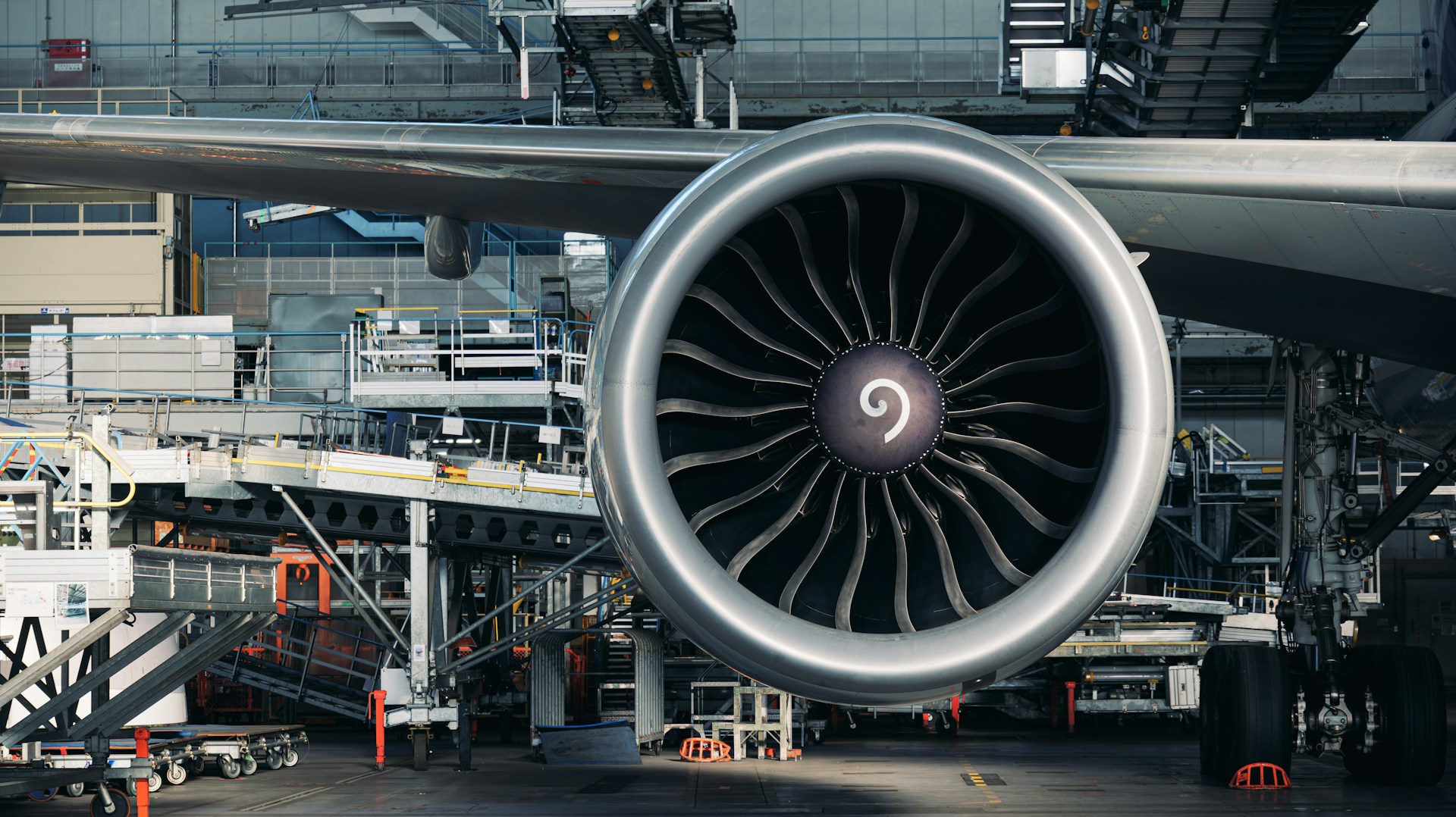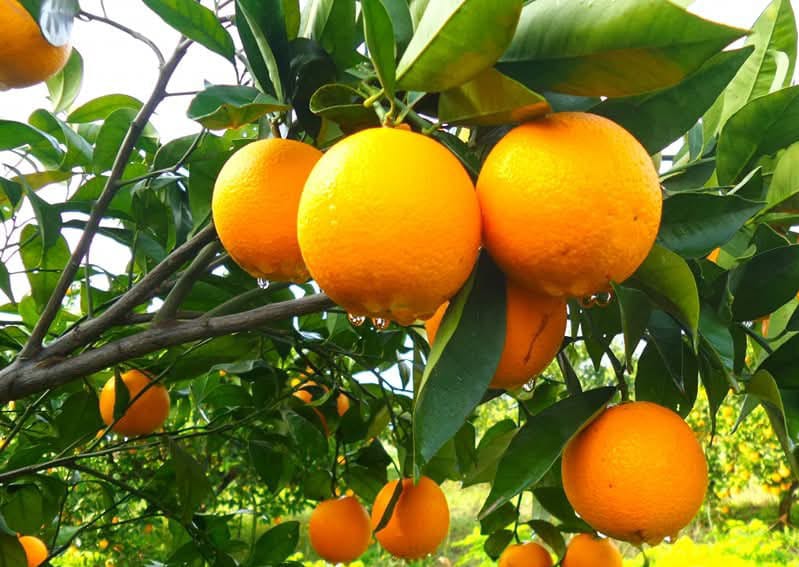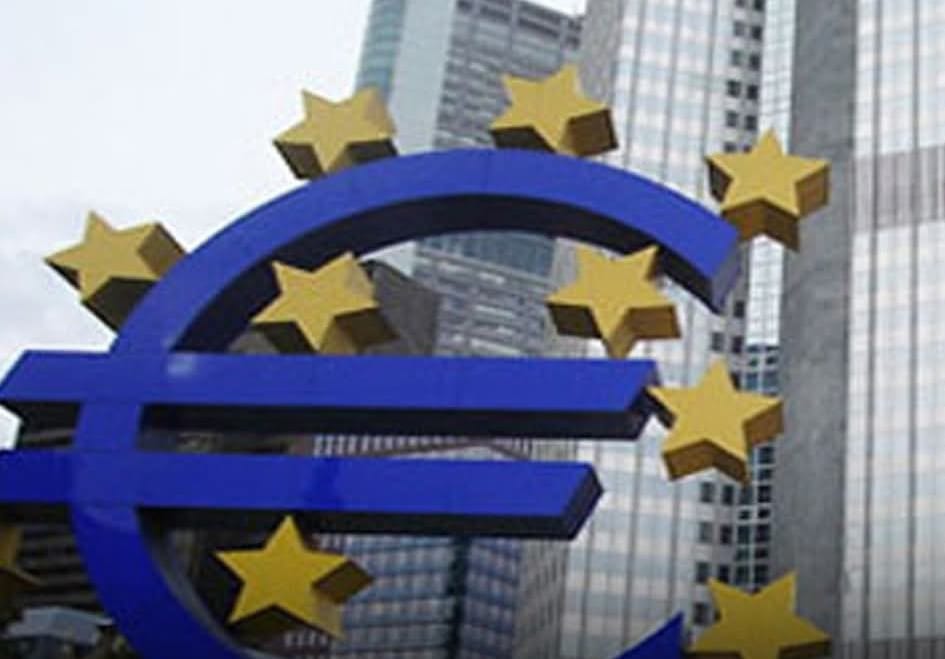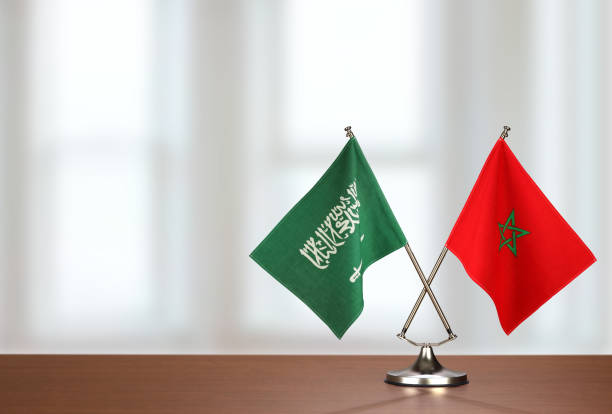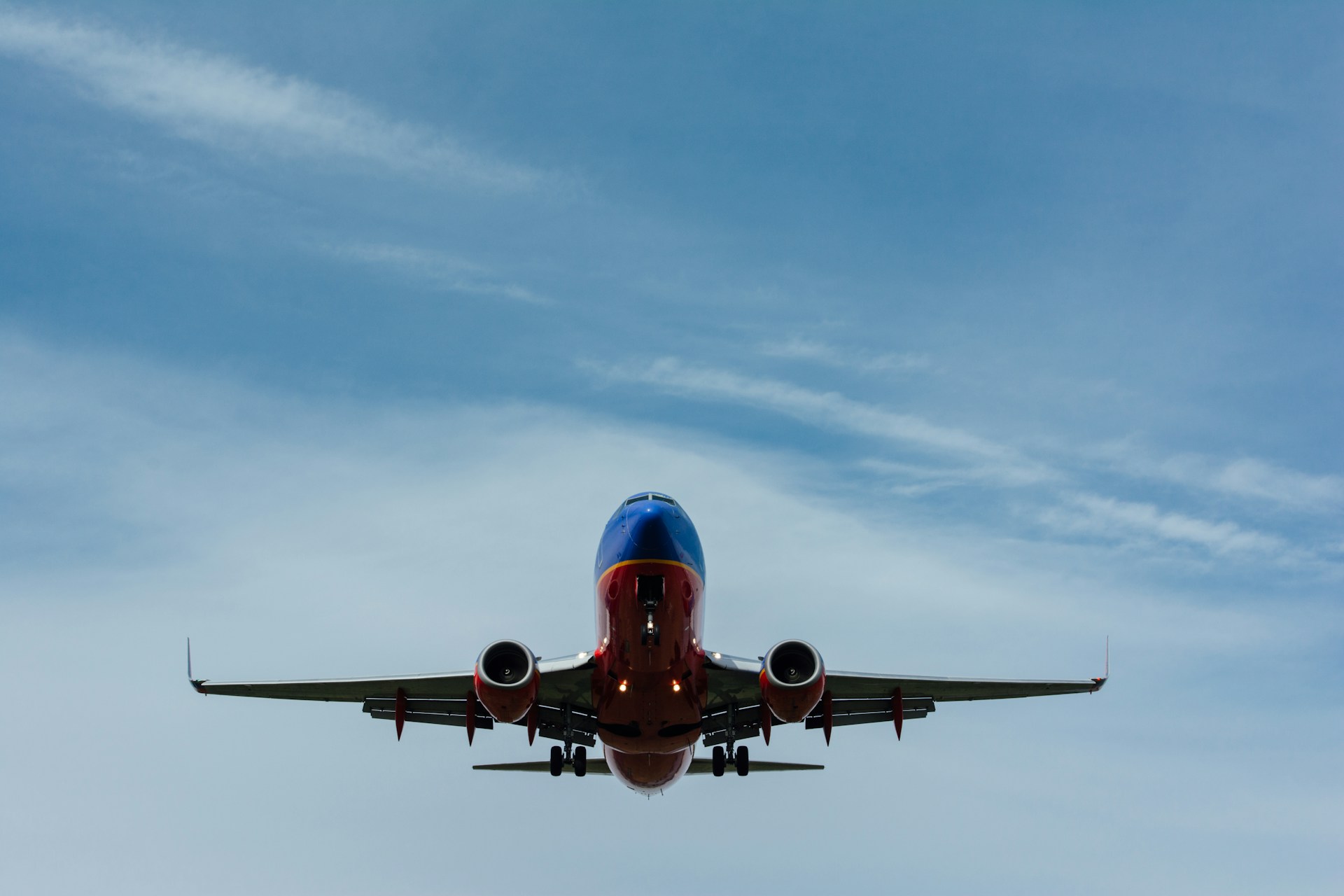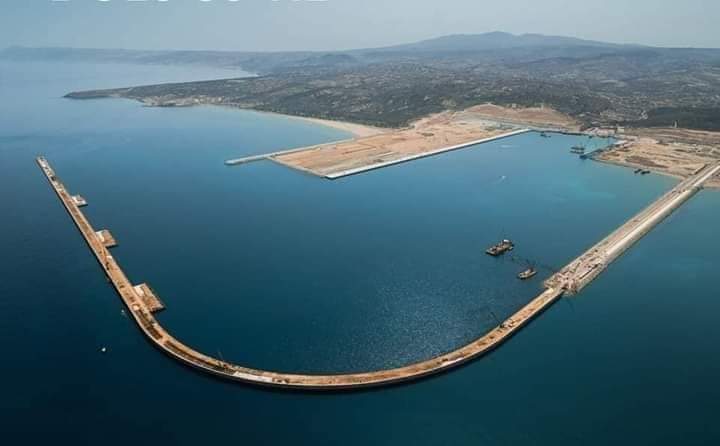Casablanca – As Morocco accelerates its transition toward a low-carbon, sustainable economy, the European Investment Bank (EIB) is playing an increasingly strategic role. Through consistent financial support and technical cooperation, the EIB is backing the Kingdom’s efforts to develop resilient, green infrastructure aligned with its national development agenda and environmental goals.
Since 1979, the EIB has financed nearly 150 operations in Morocco, with a total value exceeding $11.5 billion. This long-standing partnership has supported a range of major development projects, particularly in renewable energy, water access, biodiversity, transportation, and digital connectivity. Today, as global attention intensifies on climate change and inclusive growth, the EIB’s engagement in Morocco is more relevant than ever.
Renewable energy at the core
At the heart of the EIB’s strategy in Morocco is the promotion of clean energy. The Bank is helping finance major renewable energy initiatives, including wind and solar power projects. Among the most prominent examples is the Noor Midelt solar complex—a hybrid project combining solar photovoltaic and concentrated solar power technologies. Once operational, the facility is expected to significantly boost Morocco’s renewable energy capacity while helping reduce dependence on fossil fuels.
The EIB is also supporting Morocco’s integrated wind program, designed to harness the country’s strong wind resources. These efforts are part of Morocco’s broader plan to generate more than 50% of its electricity from renewable sources by 2030, a goal outlined in its National Energy Strategy.
In parallel, the EIB is working with the National Office of Electricity and Drinking Water (ONEE) to strengthen the power grid. This includes funding the expansion and modernization of electricity networks to accommodate higher volumes of renewable energy. These upgrades are critical to ensuring that clean power sources can be efficiently distributed across the country, especially to rural and underserved areas.
Enhancing water security and biodiversity
The EIB’s engagement extends beyond energy. In response to growing concerns about water scarcity, the Bank is co-financing initiatives aimed at improving access to drinking water. Through its collaboration with ONEE, it is helping implement the National Drinking Water Supply Program, which prioritizes infrastructure upgrades in both urban and rural zones.
On the environmental front, the EIB is supporting Morocco’s efforts to preserve biodiversity through programs such as the inclusive forest management initiative led by the National Agency for Water and Forests. This program aims to rehabilitate forest areas, promote sustainable land use, and support local communities through nature-based solutions. Such efforts align with Morocco’s commitments under the UN Convention on Biological Diversity.
Sustainable transport and connectivity
Another key focus area for the EIB is sustainable mobility. The Bank has co-financed major public transport infrastructure, including the tramway networks in Rabat and Casablanca. These projects not only reduce traffic congestion and emissions but also improve urban accessibility and quality of life.
Additionally, the EIB is contributing to regional digital connectivity through projects such as the Medusa submarine cable—a trans-Mediterranean telecommunications link that will boost digital infrastructure between North Africa and Europe. This initiative is part of broader efforts to modernize Morocco’s economy and position it as a digital hub in the region.
Supporting SMEs and financial inclusion
Beyond infrastructure, the EIB is working closely with Morocco’s financial institutions to improve access to capital for small and medium-sized enterprises (SMEs). These businesses are essential to job creation, innovation, and inclusive economic growth. Through credit lines and technical assistance, the EIB is helping local banks extend financing to SMEs, especially in sectors aligned with green and social development priorities.
Strategic alignment and regional partnerships
The EIB’s activities in Morocco fall under its EIB Global framework, which focuses on external cooperation, and the Team Europe initiative, a collective European effort to support sustainable development. These frameworks promote synergies between European actors and ensure that investment aligns with Morocco’s national priorities and international climate commitments.
According to EIB President Nadia Calviño, Morocco’s strategic geographic position and stable macroeconomic environment make it a natural partner for long-term investment. She highlighted the country’s progress in advancing a development model that effectively balances economic modernization with environmental sustainability.
“Now more than ever, in times of uncertainty and instability, we need strong partnerships based on mutual respect and shared goals,” said Calviño during a recent interview. “Our relationship with Morocco reflects that spirit—delivering real results for citizens and businesses alike.”
Looking ahead
As Morocco continues to implement its Green Generation 2020–2030 strategy and move toward a low-emission future, the EIB is expected to remain a key partner. With deep expertise in climate finance and a strong track record of cooperation in the region, the Bank is well-positioned to help Morocco meet its environmental targets while ensuring inclusive and sustainable development.
In this era of climate urgency, Morocco’s green revolution offers a regional model—and the European Investment Bank stands out as one of its most committed allies.

